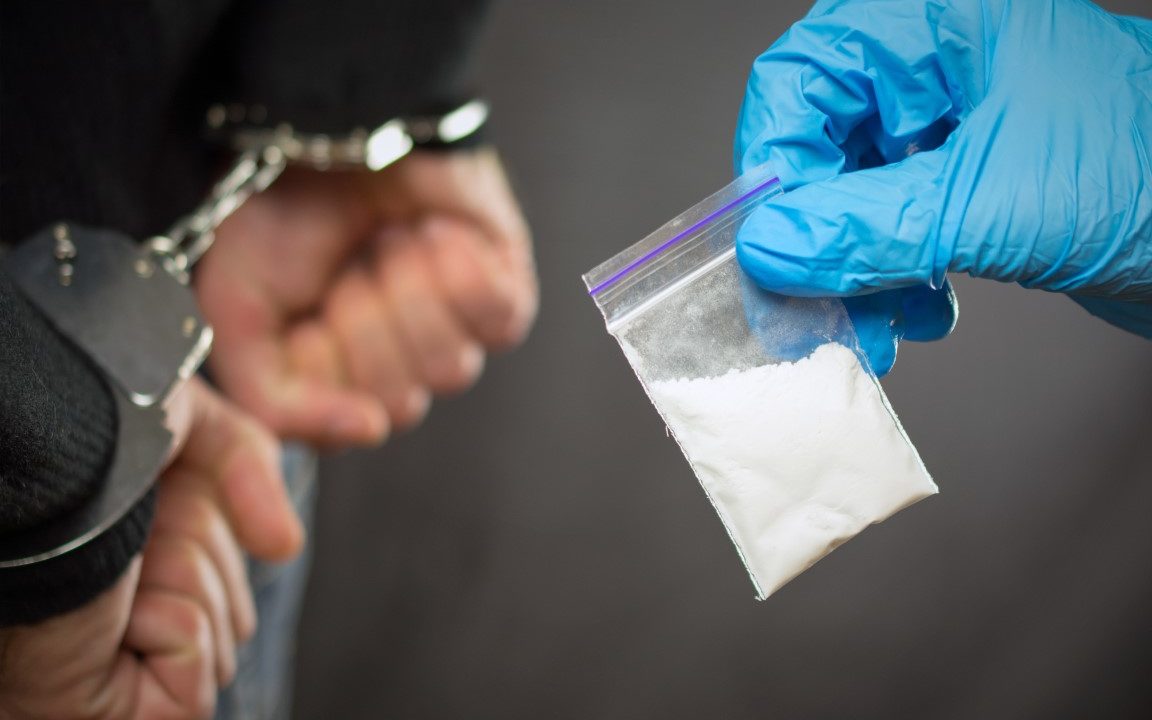Strict liability is a legal principle in criminal law that assigns responsibility for certain offences based solely on the act itself, without considering the person’s intention or state of mind. Where a person is strictly liable, they can be held legally responsible for an offence without the need to prove their intention or guilty state [ … ]









